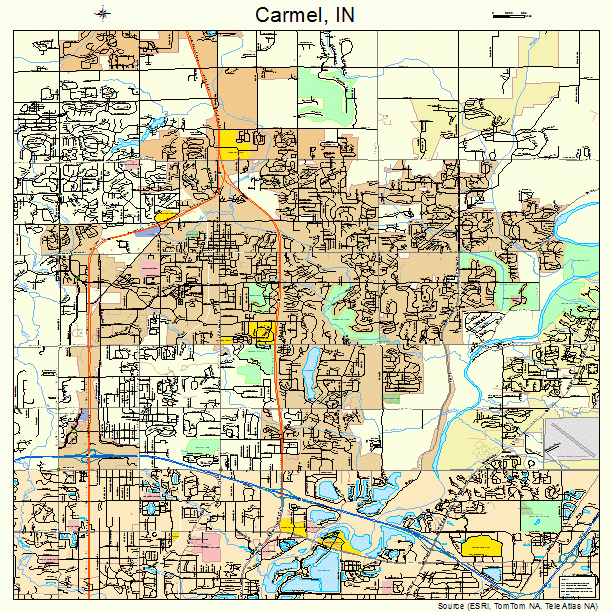

- #Carmel white pages indiana plus
- #Carmel white pages indiana professional
- #Carmel white pages indiana free
So, this creates some questions in my mind. Ranking it as one of the wealthiest cities in the Midwestern United States. Next, hold onto your hat…īecause the median household income in Carmel is nearly double that. The median household income in the United States has been running at nearly $70,000 per year. Now, allow me to go through the pros and cons of Carmel one by one… Strong Evidence Of Wealth And Affluence Thus, for anyone who can afford the cost of living and is not troubled by the lack of diversity. It has fast become a place for upwardly mobile young professionals and executive leaders. Is Carmel, Indiana A Good Place To Live?Ĭarmel is a good place to live offering a clean, safe community with excellent schools and a vibrant downtown area. Pin Mapping out the great things about living in Carmel!ĭisclosure: At no cost to you, I may get commissions for purchases made through links in this post. And boil down these pros and cons by answering this important question… Next, allow me to give it to you straight. A clean and well-maintained environment.Strong evidence of wealth and affluence.The moving to Carmel pros and cons that made our top 10 list include: So, let’s get on with it… Pros and Cons Of Living In Carmel, Indiana Moving to this northern suburb of Indianapolis may be just the ticket to the life you desire.
#Carmel white pages indiana professional
Or, looking for your next professional work opportunity. Whether you are considering retirement living in Carmel. Often recognized as one of the best places to live in the country, let’s pull back the curtain and closely examine the pros and cons of living in Carmel, Indiana.

You can find more ideas on the Clear Choices Clean Water website at or at .Īmanda Cross is a volunteer with the Carmel Green Initiative.Pinterest Facebook Twitter Reddit LinkedIn Email Important Things To Know Before Moving To Carmel, IN Now is the time to make a plan for conserving water. It’s starting to get hot, which is when our water supply becomes the most stressed. Google “Carmel rain barrel cost share” to find the Storm Water Management web page with more information. The EPA offers a checklist at epa.gov/watersense/fix-leak-week.Ĭarmel residents can get a rebate on rain barrels. You can find checklists online and make a weekend project of detecting water leaks in your house.
#Carmel white pages indiana free
If you own your home, sign up for Duke Energy’s free home energy assessment to receive an efficient showerhead (along with LED bulbs).įixing leaks is an obvious way to stop paying for water you don’t use.
#Carmel white pages indiana plus
Lots of the most effective water conservation activities don’t even require you to change your habits, plus they save you money.įor example, low-flow toilets, faucets and showerheads have improved since they were first introduced, so you can use less water without even noticing. To make sure we have plenty of safe water for everyone, and to reduce our costs, we need to be sensible. Even if we don’t lose water, we do pay for water each time it’s processed, and energy that releases greenhouse gases is used to pump water to where it needs to go and to heat water for use. If Indiana is forced to use its reserves, those aquifers could take years or decades to replenish.īeyond that, the process of making water safe for drinking isn’t free. Plus, water doesn’t always return to the same place it came from, and aquifers don’t fill up as fast as we can drain them. Even though all the water still exists somewhere, with everyone in a town using our supply of safe water at the same time, you can run out of it before more has a chance to make it through the cycle. The process of cleaning up the household water works only so fast. After all, if you water your lawn, the water just ends up back in the ground where it can start the water cycle over again. Since water isn’t lost, and since Indiana isn’t a desert, it might seem like no big deal to use water without thinking. In cities like Carmel, we get water from the ground and process it to make it safe, then people use it for drinking and other household uses, and it still ends up going through the cycle. You learned about the water cycle in school: surface water evaporates, water vapor rises and becomes clouds and clouds rain down to the surface. But here in Indiana, where we’re more likely to suffer floods than droughts, is water management really something to worry about? In the western United States, the need to conserve water is obvious: The Colorado River is drying up and wildfires rage in California every year.


 0 kommentar(er)
0 kommentar(er)
